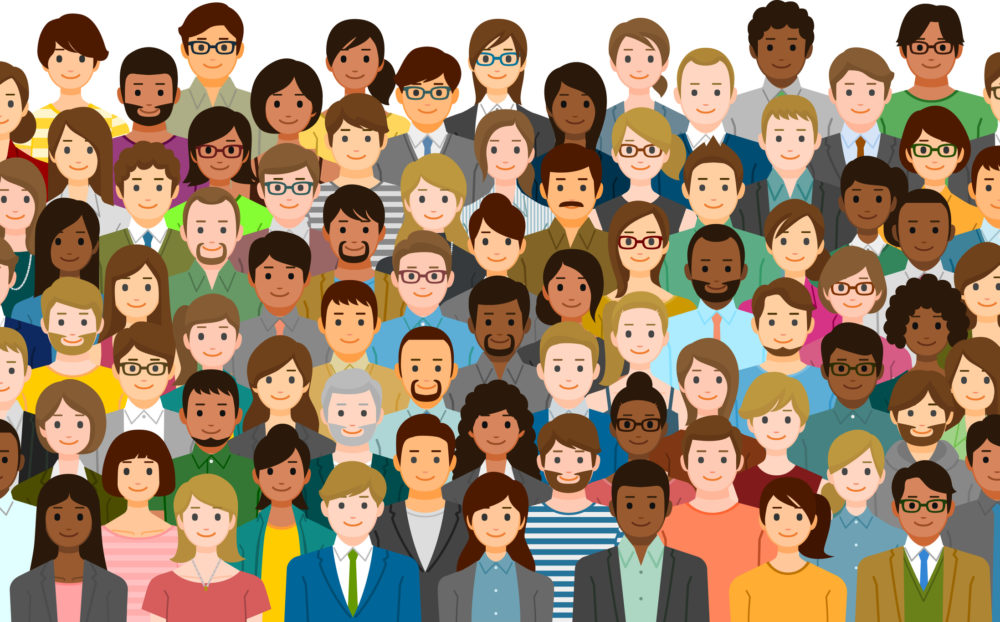Living in a democracy with a vibrant economy doesn’t always guarantee a good quality of life, with the U.S. being a prime example of how a country can fall short, the think tank Berggruen Institute says.
The Los Angeles-based institution studied 38 countries that make up 95% of the global domestic product and found that a number that rank high on democratic governance — including the U.S., Italy and South Africa — underperform when measured for such quality-of-life factors as education, healthcare, clean water and environment.
“There is a tacit assumption in the democratic world, that high levels of democracy will produce the best quality of life,” the institute said on its website. But it’s actually “government competence and capacity” that affects the country’s citizens the most.
The institute’s 2019 report may help guide investors who are looking to make a positive social impact with their cash. People should be less concerned about the country’s level of democracy than about whether the government is competently providing services and goods to its citizens while protecting the environment, the institution’s report indicates.
South Korea and Japan, for instance, have relatively lower quality of democracy, but the efficient functioning of their governments improves their ability to provide public goods, the institute said in its 2019 Berggruen Governance Index Report.
As for the U.S., the country ranks lower than expected for quality of life given its level of democracy and government competence when compared with its high gross domestic product per capita, the institute said. The quality of democracy and government have remained stable from 2004-2018, the period that the institute studied.
“Although worries about the health of American democracy have been commonplace in recent years — especially following the election of President Trump — no substantial drop can be observed,” the institute said in a case study accompanying the report.
Even so, the quality of life in the U.S. has decreased slightly over the 14-year period, with growing economic inequality and wealth disparity possible factors, the institute said. Economic gains after the 2007-2008 financial crisis were concentrated in the top tier of the U.S. population, according to the case study.
The institute indicated that the U.S. needs to redirect funds if it wants to improve the quality of life for its citizens.
- Italy scores relatively poorly in terms of quality of life when its GDP and level of democracy are considered, the institute said. The issue is that it is below average when it comes to tax collection and clean government, hurting such public services are education, public health and infrastructure.
- South Africa overachieves when it comes to its level of democracy in comparison to its GDP, the institute said. But corruption and a lack of government impartiality and efficiency has led the country to be below average in terms of safety, education and public health.






















